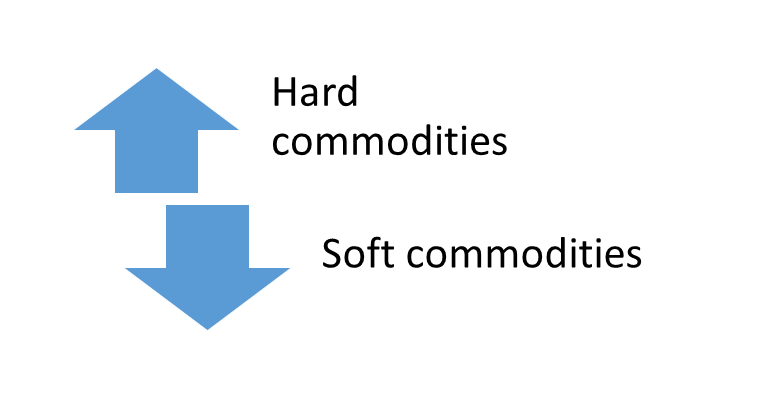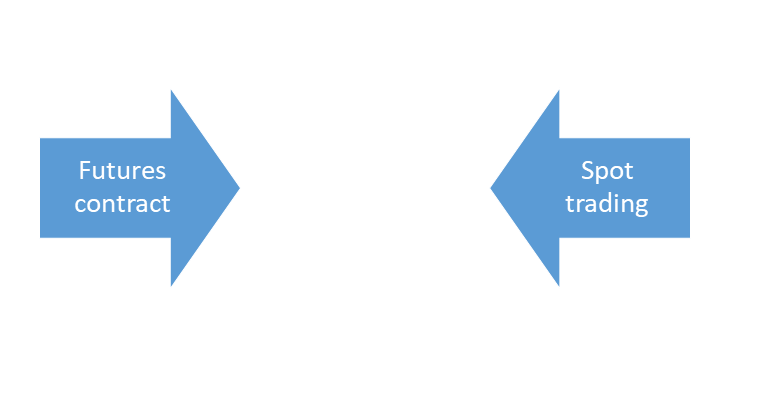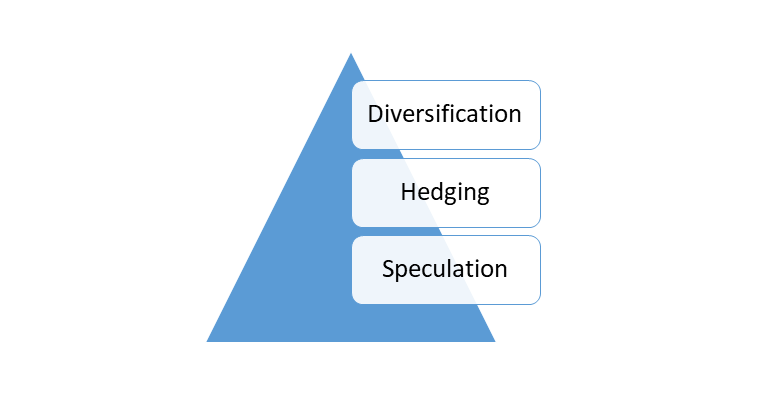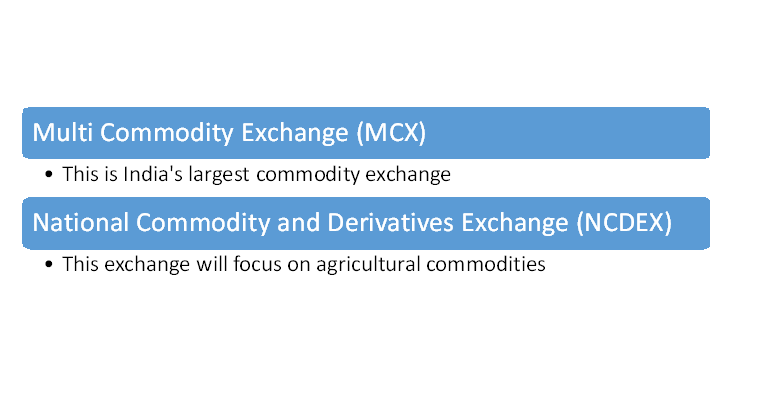- Many people are investing in the commodities market, even though there are several other methods available.
- This is a very special trading method.
What is a commodity market?
- It is an area where you will be able to exchange uncooked raw materials and other primary products.
- Some of the main examples that can be thought of here are gold, silver, oil, and agricultural products such as wheat and rice.
- A commodity market will allow buyers and traders to trade these goods readily.
Types of commodities
In general, there are two types of commodities that are available in the market.
They are as follows:

Hard commodities
- Hard commodities are the plant resources that want to be mined.
- It will consist of things such as gold, silver, and oil.
- These are commonly traded in the commodity market through futures contracts.
- It is a place where you will be able to settle for buying or selling a commodity on a specified day.
Soft commodities
- Soft commodities are agricultural goods or livestock.
- You can think of items such as coffee, sugar, and wheat.
- These will be grown rather than mined.
- They also form a large part of commodity trading in India.
How does commodity trading work?
- Buying and selling commodities is like buying and selling shares.
- Still, as an alternative to buying shares in an organization, you will be able to purchase the contracts for a certain amount of the commodity.
A quick overview of the same is as follows:

Futures contract
- These are general agreements to buy or sell a commodity at a future date for a unique fee.
- They are considered to be the most unusual ways to interact in commodity trading.
Spot trading
- This will involve buying or promoting the commodities for immediate shipment.
- It is very much true but considered to be less common than the futures contract.
Why trade in commodities?
You might be wondering why humans want to trade in commodities.
Some of the main reasons are as follows:

Diversification
Adding commodities to your funding portfolio can help you balance the risk.
Hedging
Companies will be using commodity trading to hedge costs and defend themselves against rate fluctuations.
Speculation
Traders will intend to profit from the rate movements in the commodity market.
Major commodity exchanges in India
India has some of the essential commodity exchanges where this type of trading will take place.
The most famous ones are as follows:

Tips for successful commodity trading
To successfully trade in the commodity market, you need to follow some of the most common rules and tips.
They are as follows:
Do your research
- You will need to do your homework before buying and selling the commodities.
- You should also understand the elements that will affect the price of the commodities you are very curious about.
- This can be anything that ranges from climatic situations affecting the vegetation to geopolitical events that will affect oil prices.
Stay updated
- The commodity market is volatile, and the fees here change quickly.
- You will need to stay up-to-date with modern information and features.
- This will also help you to make informed decisions and then profit from the market's actions.
Diversify your portfolio
- You are not supposed to put all your eggs in just one basket.
- Diversify your investments into different commodities, as this will help you spread the risk and improve your income-generating-generating options.
Risks and rewards
- Just like any form of buying and selling, commodities also have risks and benefits.
- Prices are highly volatile, and while profit is possible, there is also the risk of loss.
- You are supposed to do your homework and then seek advice from economic specialists before even jumping into the commodity market.
Understanding volatility
- The commodity market is considered to be highly volatile.
- Here, prices will fluctuate dramatically due to various factors such as supply and demand, political instability, and plant disasters.
- This volatility can be considered both a risk and an opportunity for traders.
Risk management
- Effective risk management is very essential when you are buying and selling commodities.
- This will include placing stop-loss orders that will also limit one’s ability to lose as well as ensure that one can no longer make more money than one can even afford to lose.
Conclusion
The Indian commodity market is fascinating because there are unheated materials and primary products.
Frequently Asked Questions (FAQs)
Q1) What is a commodity market?
It is a place where you will be able to trade raw materials and primary products.
Q2) Which commodity is best for trading?
Gold and crude oil are best for commodity trading.
Q3) What are the major commodity exchanges in India?
The major commodity exchanges in India are the Multi Commodity Exchange (MCX) and the National Commodity and Derivatives Exchange (NCDEX).
Q4) Who controls the commodity market in India?
SEBI controls the commodity market in India.
Q5) How much money is required for commodity trading in India?
There is no minimum capital requirement for commodity trading.
About Us
Nifty Trading Academy is our academy, where we teach you about the stock market as well as technical analysis. We also provide live trade sessions and upload blogs for them.
